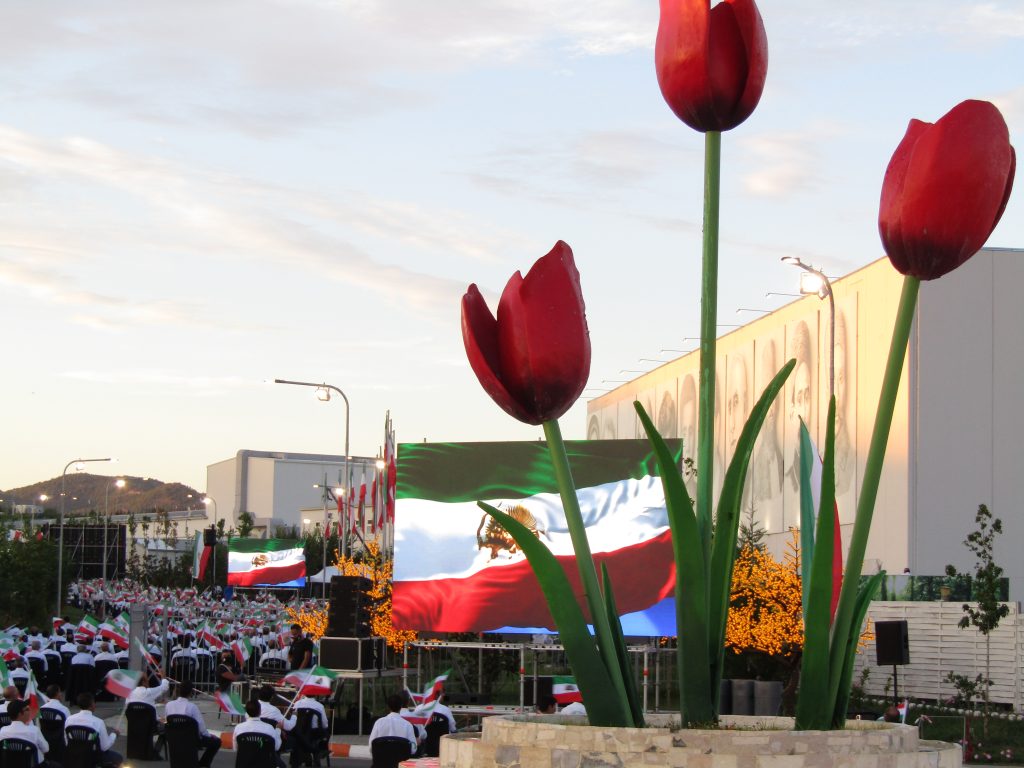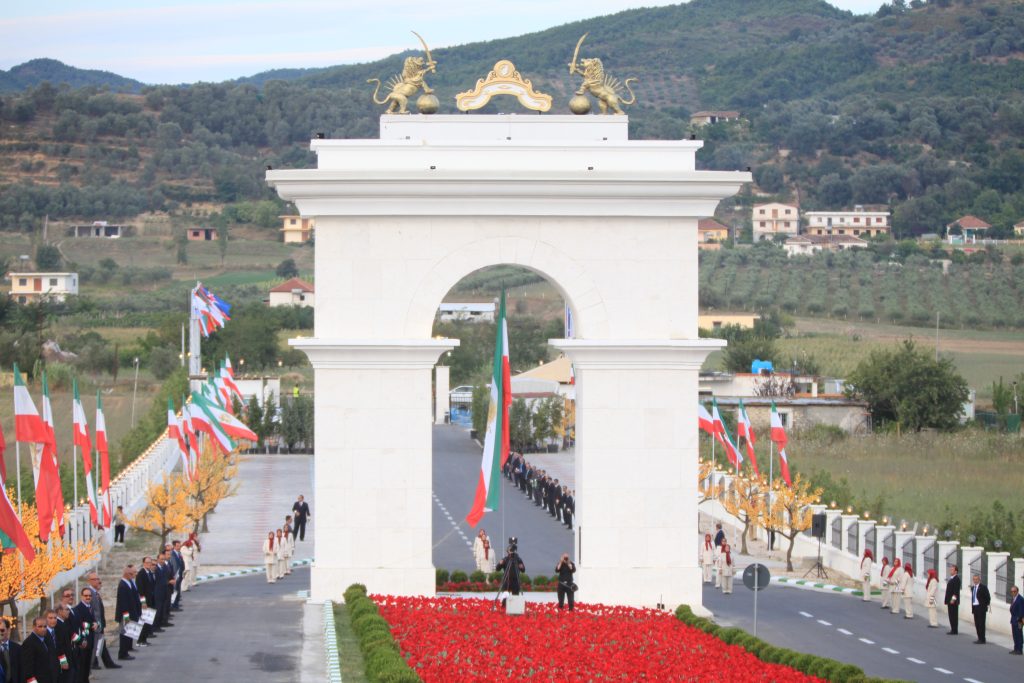
Please follow us on Gab, Minds, Telegram, Rumble, GabTV, Truth Social, Gettr, Twitter
Guest post by Colonel (Retired) Wes Martin - has served in law enforcement positions around the world and holds a MBA in International Politics and Business
Ten years ago this month, United Nations High Commissioner of Refugees (UNHCR), Antonio Guterrez, published a press release calling for urgent help in rescuing 2,500 Iranian dissidents formerly trapped inside Iraq during the US-led 2003 invasion.
Then UNHRC (now UN Secretary General) Guterrez’s message was brief and very clear: UNHCR renews its deep concern about the safety and security of the former residents of Camp Liberty while in Iraq, in light of threats made this week by the group claiming responsibility for the 9 February mortar attack that killed seven people and wounded dozens while they were in Iraq. UNHCR reaffirms that this population is entitled to international protection according to international law. UNHCR strongly calls on all countries to redouble their efforts to find humanitarian solutions for this population, now outside Iraq, and urges the Iraqi Government to do everything possible in the meantime to guarantee a safe and secure environment for this population.
Of the 193 governments within the United Nations, only Albania stepped forward to offer itself as a solution to this humanitarian crisis. Prime Minister Sali Berisha agreed to provide sanctuary, and the residents began being extracted from Iraq. When Edi Rama became Prime Minister in September of 2013, the humanitarian mission continued.

Having been the Senior Antiterrorism Officer for all Coalition Forces in Iraq and, two years later, the Base Commander of Camp Ashraf, where these Iranian dissidents were originally consolidated, I came to know about them well. They were part of a global organization called Mujahedin-e Khalq (MeK). Those trapped in Iraq had been conducting active resistance operations against Iran.
Dealing with them face-to-face, I found them to be a trusted information source. While at Camp Ashraf, I was always amazed with the volume and depth of the intelligence reporting they were pulling out of Iran. MeK was the organization that revealed the extent of Iran’s nuclear weapons development program, which the west was deceived into believing no longer existed. I also witnessed them doing everything possible to help protect American and Bulgarian service-members stationed at Ashraf.
Ayatollah Khamenei wanted them dead. His puppet Prime Minister of Iraq, Nouri al-Maliki, was most willing to make that happen. Three Iraqi Army ground assaults at Camp Ashraf, followed by four rocket attacks at the residents' transferred location of Camp Liberty near the Baghdad Airport, resulted in 141 killed, seven kidnapped to be never seen again, and hundreds wounded. At Camp Liberty, the residents were denied access to sufficient water, had their perishable food shipments halted in delivery trucks outside their compound entrance gate until the food was spoiled. They also endured continual psychological harassment and were denied access to proper medical treatment, resulting in even more deaths.
If not for the Albanian government, the MeK residents would have continued suffering slow deaths and being murdered by Iranian proxies, including loyalist militias and the Iraqi Army. Remaining survivors would have been rounded up and shipped to Tehran for imprisonment, torture, and execution.
In accepting the MeK residents into their country, Albanians were living up to their heritage. More Jewish people lived in Albania when the Nazi Regime collapsed than when the Holocaust began. Although their country was occupied by Fascist Italy under German ally Benito Mussolini, Albanian citizens risked wrath by providing sanctuary to people who would have been exterminated if they had stayed in central and western Europe.
History rightfully recognizes the great work of Oskar Schindler and Raoul Wallenberg for rescuing innocent people from a twisted regime. In Europe, there were many individuals and groups who also put themselves at risk to save Jewish people from certain death. In Albania, it was a country-wide effort.
The humanitarian commitment of two Albanian prime ministers, their governments, and the country’s citizens, has resulted in former Camp Liberty residents being alive today. Northwest of Tirana, they have built a modern-day community out of what was previously a grass-covered hillside.
Contributing to the country of their sanctuary, the MeK has enhanced the economy and boosted employment in the neighboring area. Working hard to be valued members of the community, they are proving themselves to be worthy of the trust expected of them.
Unfortunately, because the MeK is the organization that Ayatollah Khamenei and his religious extremists controlling Tehran fear most, the Iranian Ministry of Intelligence and Security (MOIS) commenced operations against them inside Albania. Prime Minister Rama has stood firm and expelled discovered MOIS agents, including the Iranian Ambassador. In response, last year Iran launched a cyber-attack on the Albanian government and its critical infrastructure.
The Albanian government, working with NATO, European and American law enforcement agencies, and western cyber companies have rebuilt their computer network defense systems to be stronger than before. They have proven they will not be intimidated into forsaking the humanitarian principles of their grandparents.
A Holocaust refugee himself, Albert Einstein stated, “The world is a dangerous place not because of the people who are evil, but because of the people who do nothing about it.” Once again, Albanians continue to prove they are committed to opposing evil and dedicated to doing something about it.